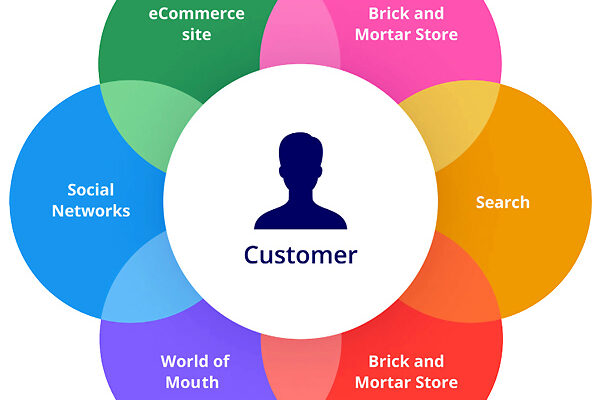In today’s digital age, customer engagement has transcended beyond traditional platforms. Businesses are now recognizing the paramount importance of omnichannel engagement and support as a critical strategy for achieving success. With the advent of numerous communication channels, the ability to interact with customers across all touchpoints has become a necessity rather than a luxury.
The Omnichannel Imperative
Omnichannel customer engagement refers to the practice of providing a seamless and consistent experience across various channels and platforms, including social media, email, live chat, phone calls, and in-person interactions. This approach is not just about being present on multiple platforms; it’s about creating an integrated and cohesive customer journey.
Why Omnichannel Matters
- Enhanced Customer Experience: Customers expect convenience and personalization. An omnichannel strategy ensures that they receive a uniform experience, whether they are shopping online from a desktop or mobile device, by telephone, or in a brick-and-mortar store.
- Increased Customer Loyalty: When customers receive consistent support and engagement across all channels, their trust and loyalty towards the brand increase. This loyalty translates into repeat business and referrals.
- Competitive Advantage: In a crowded market, businesses that effectively implement an omnichannel strategy stand out. They are seen as customer-centric and forward-thinking, attributes that attract modern consumers.
- Better Data Collection and Analysis: Omnichannel engagement allows businesses to collect a wealth of data from various touchpoints. This data, when analyzed, can provide valuable insights into customer behavior and preferences, allowing for more targeted marketing and product development.
Implementing Omnichannel in Business
Implementing an omnichannel strategy requires the right tools and technologies. CRM platforms like Salesforce, HubSpot, Zendesk, Zoho CRM, Freshsales, Microsoft Dynamics 365, Oracle CX Cloud, and SAP Customer Experience are leading the charge in providing businesses with the necessary infrastructure to manage customer interactions across multiple channels seamlessly.
Key Steps for Omnichannel Success
- Integrate Your Channels: Ensure that all your communication channels are integrated, providing a unified view of the customer to your support and sales teams.
- Understand Your Customer Journey: Map out your customer journey across all touchpoints and tailor your engagement strategy accordingly.
- Leverage Data Analytics: Use data collected from various channels to gain insights into customer preferences and behavior.
- Consistent Brand Messaging: Maintain a consistent brand voice and message across all channels.
- Train Your Team: Equip your team with the skills and tools needed to provide excellent customer service across all platforms.
The Future is Omnichannel
The future of customer engagement is unequivocally omnichannel. As technology evolves and consumer behaviors change, businesses must adapt to stay relevant. The transition to omnichannel isn’t just a passing trend; it’s a fundamental shift in how businesses interact with their customers. It’s about meeting customers where they are and providing them with a seamless and satisfying experience.
In conclusion, an effective omnichannel strategy is not just about being everywhere; it’s about being everywhere with a purpose. It’s about understanding the nuances of each channel and using them to enhance customer experience and engagement. Businesses that embrace this approach will undoubtedly see increased customer satisfaction, loyalty, and ultimately, business success.




